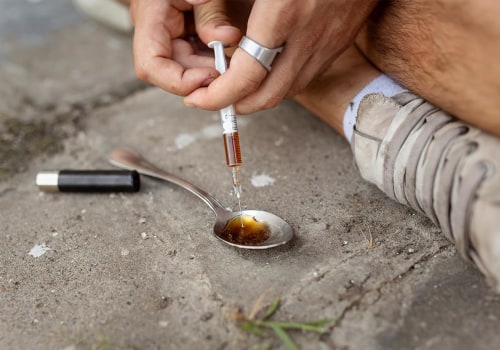Drug addiction is a complex issue that affects people from all walks of life. It is believed to involve a genetic predisposition, and certain environmental, medical, and age-related factors can increase the risk of developing an addiction. Additionally, certain types of drugs and methods of use are more addictive than others. Personality traits such as impulsivity and mental health disorders such as attention deficit hyperactivity disorder (ADHD) and antisocial personality disorder (ASPD) can also contribute to substance use disorder (SUD).
Risk factors are indicators of the possibility of a problem occurring, but they do not necessarily predict that a particular person will become addicted. It is important to note that children who grow up under adverse conditions can still mature into healthy, well-functioning adults. Furthermore, labeling children based on risk factors can present its own risks. In addition to risk factors, there are also protective factors that can help reduce the likelihood of developing problems with alcohol or other drugs.
These include having positive self-esteem, being successful in school, and developing close bonds with adults outside the family. Starting to use alcohol, nicotine, or other substances at an early age is one of the strongest predictors of addiction. Preventing and delaying substance use for as long as possible is important in reducing the likelihood of problematic substance use. Teens can control factors that put them at risk of engaging in harmful behavior, such as drug abuse.
The more risks a person is exposed to, the more likely they are to abuse substances and become dependent on them. High levels of general religiosity have been shown to reduce the risk of substance use and problematic substance use in both adolescents and adults. The potential for drug dependence varies from substance to substance and from individual to individual. Drugs that are smoked or injected into the body tend to be more addictive than those that are ingested. Codependency is another factor that can increase the risk of addiction. This term describes people who are involved in relationships with active alcoholics or drug addicts.
A person may feel that using drugs or alcohol decreases their symptoms for some time, but addiction will only make things worse in the long term. It is important to be aware of the risk factors associated with drug addiction so that you can take steps to reduce your risk. Preventing and delaying substance use for as long as possible, along with addressing any underlying risk factors, are important in reducing the likelihood of problematic substance use.






